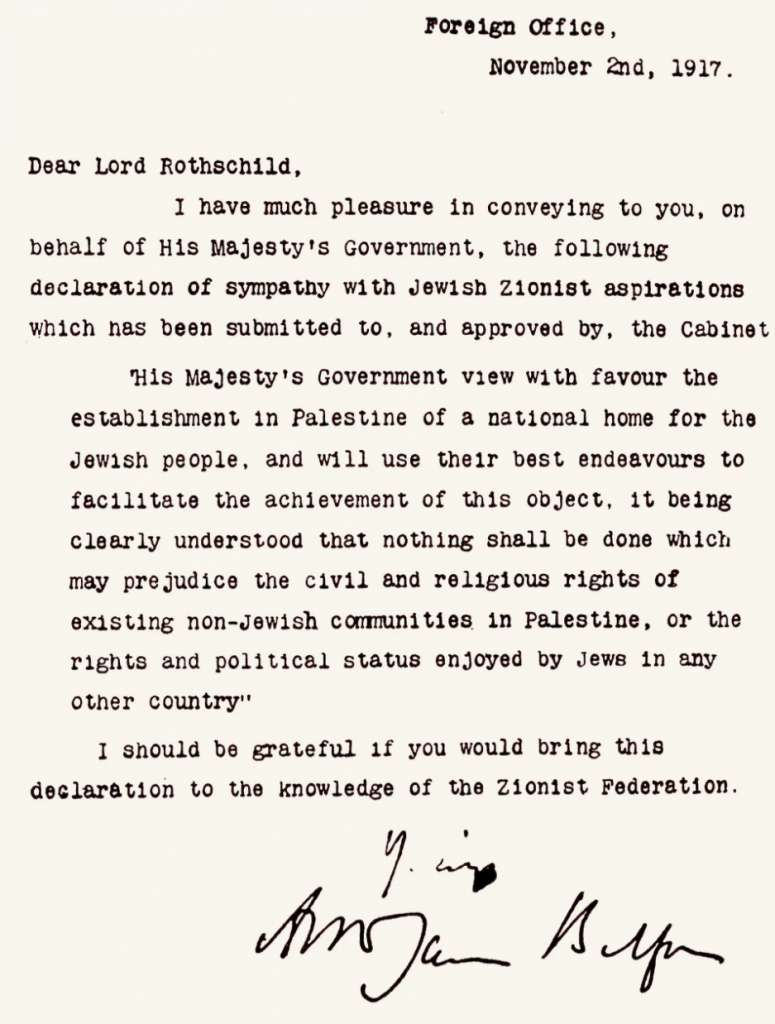Palestinian Authority President Mahmoud Abbas said during a conference of the Palestine Liberation Organization (PLO)’s Central Council Sunday evening that “Europeans wanted to bring the Jews here to preserve their interests in the region. They asked Holland, which had the world’s largest fleet, to move the Jews.”
Then, quoting an Egyptian philosopher’s words on the Balfour Declaration on providing a national home for the Jewish people, Abbas said, “Israel is a colonial project that has nothing to do with Jews.”
Abbas also attacked President Donald Trump, who claimed he intended to cut American aid to the Palestinians over their intransigence to cooperate in peace negotiations. “I see a tweet on Twitter,” Abbas said and quoted, “‘We will not give the Palestinians money because they refuse to negotiate.'”
Swearing at the president, Abbas said, “May your house come to ruin (an Arabic epithet—ed). Where did you offer that to me? On the phone? On television?”
Abbas’s speech was part of the Central Council’s two-day conference in Ramallah. The Council is the PLO’s second most important body and it was convened following President Donald Trump’s recognition of Jerusalem as Israel’s capital.
Hamas and the Palestinian Islamic Jihad—which are not PLO members but were initially slated to attend as well—decided to boycott the event citing their desire to not “serve as a fig leaf,” and due to the deadlock in the Palestinian reconciliation process.
The PLO chief routinely addresses the Balfour Declaration, calling it the “root of the crime” against the Palestinian people. A year and a half ago, Abbas called on the Arab League’s member states to assist Palestinians by suing Britain over the declaration, which called for the creation of a Jewish national home and therefore led to the 1948 war’s nakba (Arabic for “catastrophe”).
Abbas dedicated a sizeable portion of his speech to Jerusalem, saying, “True, Jerusalem does not have the Kaaba (a structure in Mecca considered the holiest site to Islam), but it is the first direction for prayer and the third holiest site to Muslims.”
“Jerusalem is our eternal capital,” Abbas declared, “come what may. It is for this reason that we are gathered here—to defend it. We’re in a sensitive position. What can we comprise on later? The state itself? Abu Dis as capital? We’re done. Here we stay. We will not make the mistakes of the past—of 1948 and 1967— again. Jerusalem and al-Aqsa, of which Mohammad spoke, are one of the holiest sites after Mecca and Medina.”
On the American recognition of Jerusalem as Israel’s capital, nominally the reason for the conference, Abbas said that, “Jerusalem has been taken off the table with one swift tweet from Mr. Trump.”
“Nevertheless, we are here to stay. We will not leave our villages. This is our land. We will take instructions from no one. We stick by our people, our land. We say to Trump, we will not accept his deal. The deal of the century has become the slap in the face of the century,” Abbas quipped.
The conference was convened following President Trump’s December speech in which he declared that his administration officially recognized Jerusalem as Israel’s capital.
Trump also said he would support the two-state solution, if the parties agreed to it and that he had instructed the State Department to prepare for moving the US Embassy from Tel Aviv to Jerusalem.
“The current American Ambassador to Tel Aviv David Friedman says there’s no occupation. That Israel is building on its own land. He asked the State Department to refrain from using the word ‘occupation.’ They asked me to receive him. I said, ‘Him? No, I will not receive him. Not here, not in Amman and not in Washington.”
In his speech, covering a wide range of topics, Abbas also commented on talks held with then prime minister Ehud Olmert in the previous decade. “They told me they wanted to remain on the eastern borders for 40 more years. I’m old, so I thought I misheard. ‘What do you mean four years?’ I asked. He replied it was 40 years. So I bid him farewell,” Abbas recounted.
“We will continue dialogue with the Israelis because it is useful. Some in the Israeli public are in favor of peace and some oppose it. I’ve always been a proponent for it, as far back as 1977 in the National Council’s meeting in Cairo. Who do we want peace with? Israel. Even if (Prime Minister Benjamin) Netanyahu doesn’t.”



























